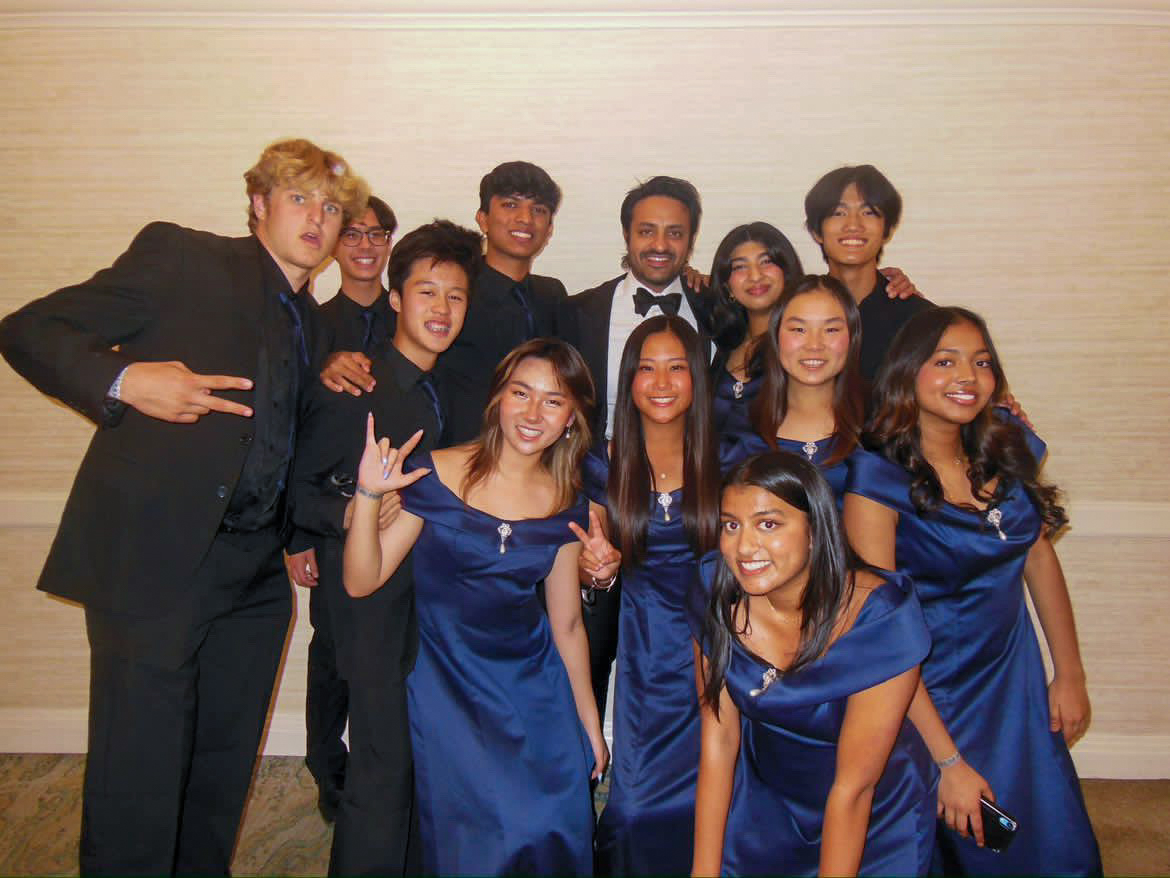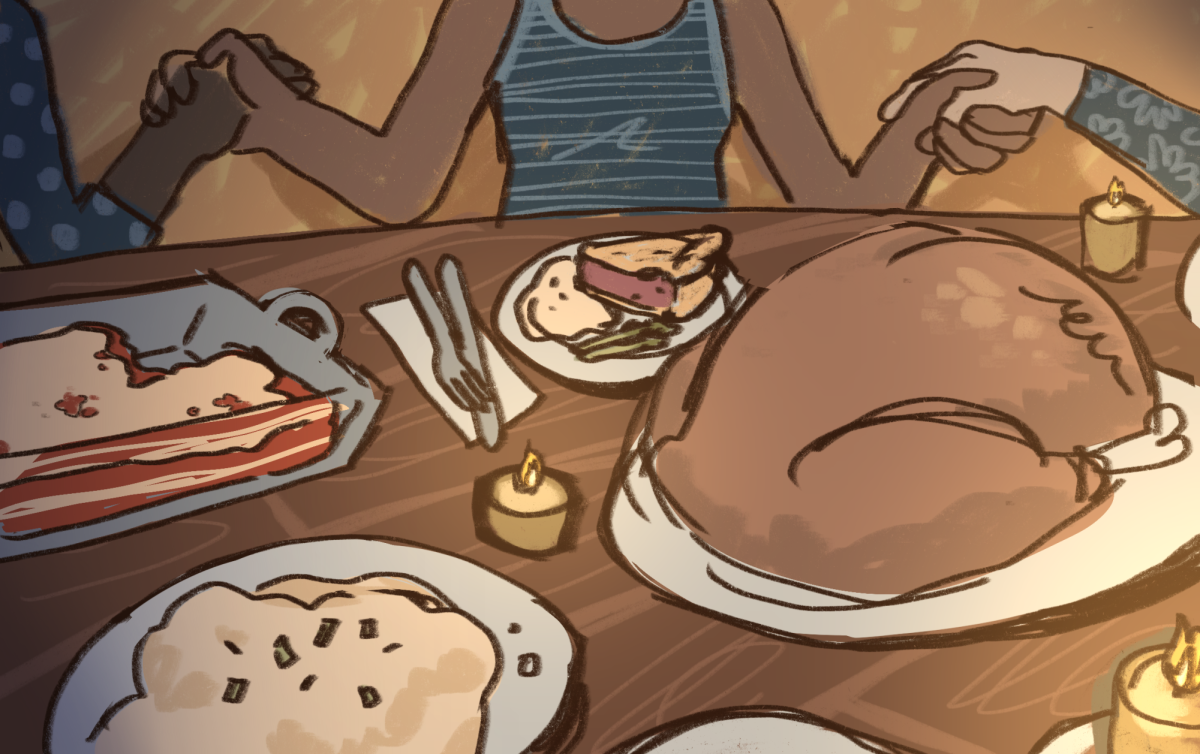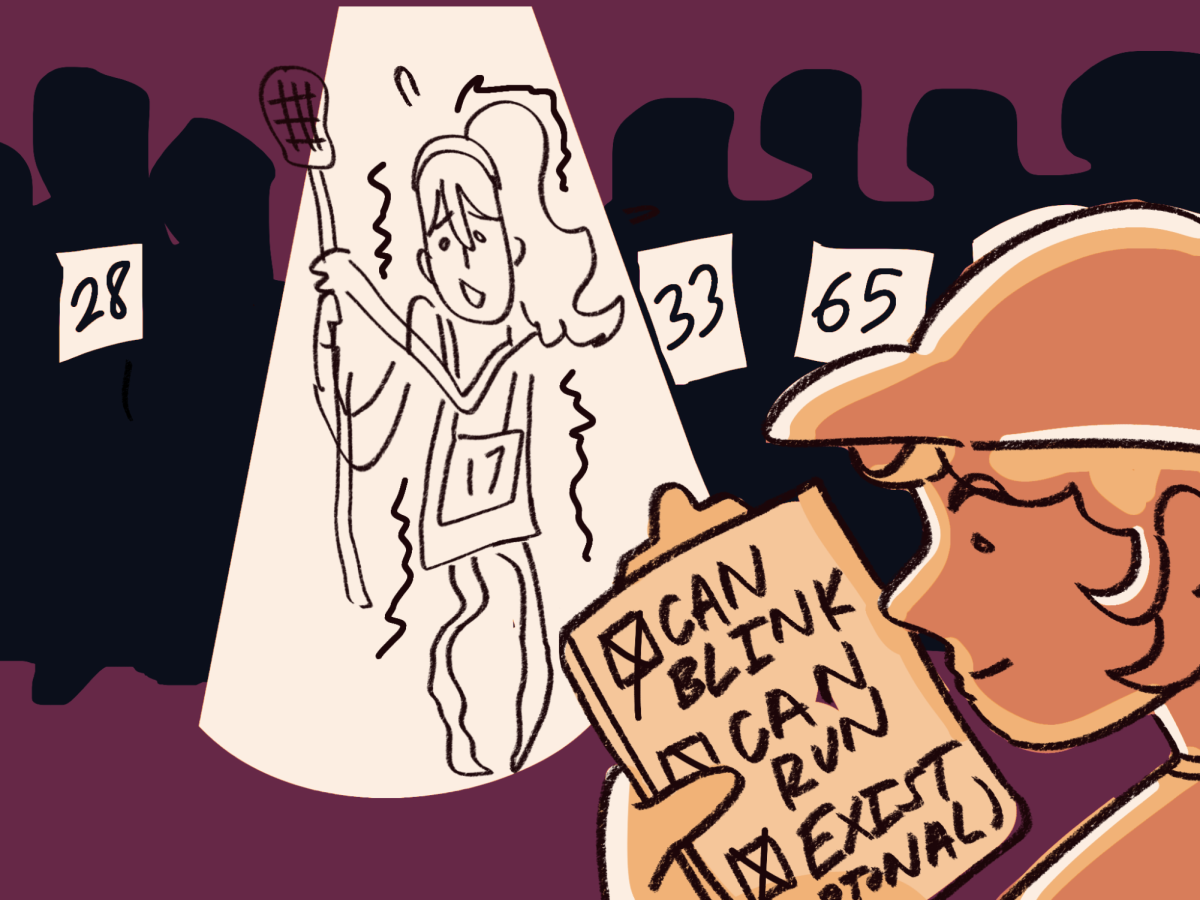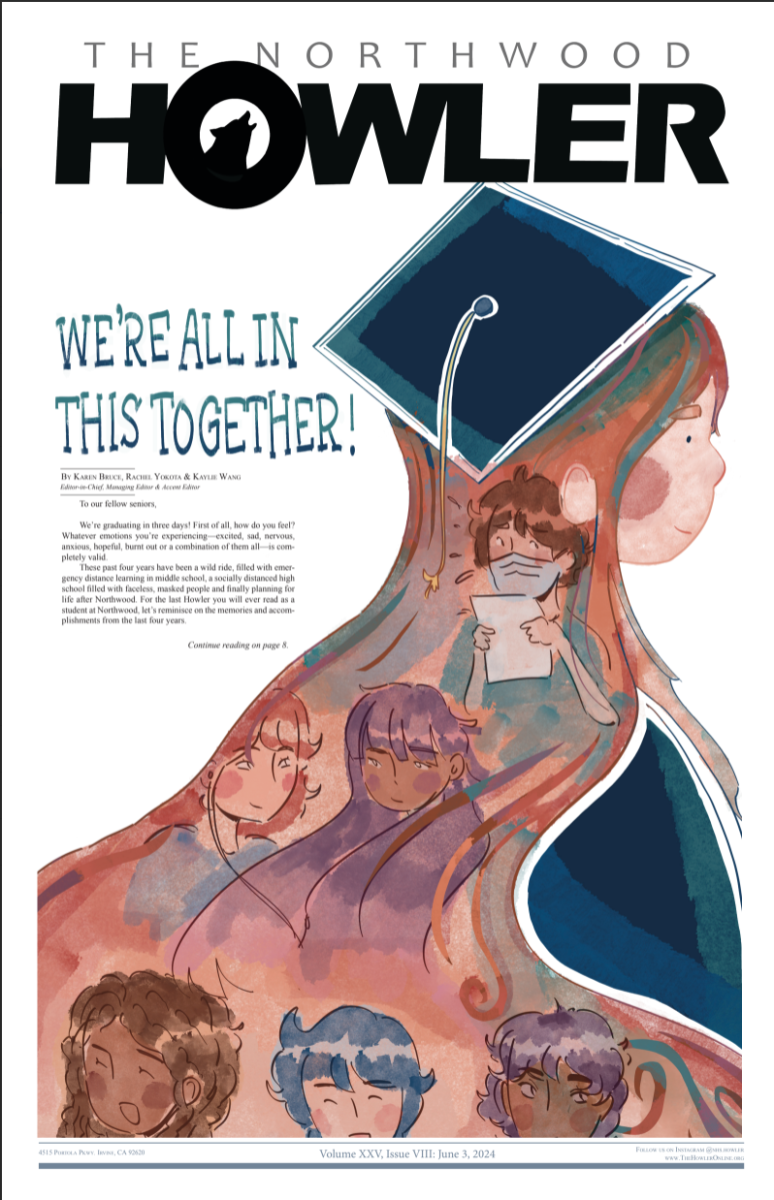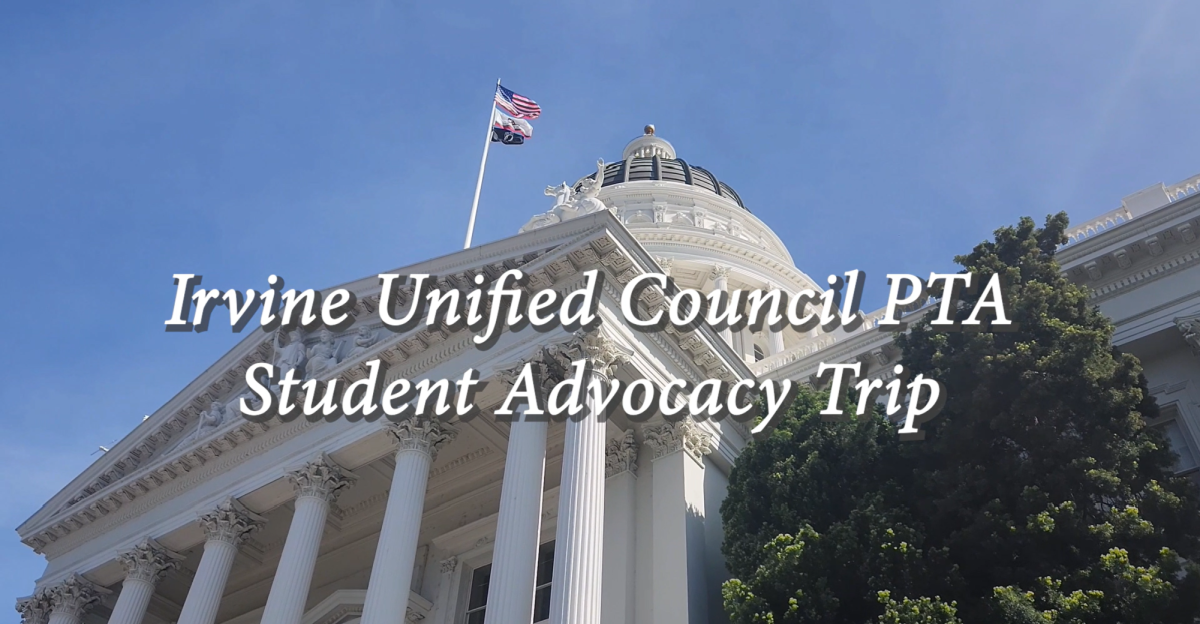Our first and foremost mission as student journalists is to serve our school population with factual reporting on school news. So why does the Humor page, where we publish content that is overly satirical or fictional, have a place in our paper?
It’s a valid concern—especially when the humor can sometimes be misinterpreted, leaving readers to misunderstand our intentions.
We’ve had to balance the fact that the Humor page, a long-standing feature of The Howler, is the most popular part of our publication with how it has also created the most problems. We’ve justified some of the mishaps by acknowledging that we can’t control how our readers interpret our articles.
This has become an issue for us. A satirical article about Senior Assassins last spring stirred up concern in parent communities when fictional events were interpreted as factual. Most recently, a satirical article about a new AI-generated counselor conveyed a message opposite to its intended meaning—that AI could actually replace our counselors—due to our own lack of consideration.
In instances like this, when we’ve unfortunately gone against some of our own codes of ethics—to do no harm—we’ve been forced to rethink our approach for this page. Misinterpretations of the Humor page hurt our credibility as a journalistic publication that grounds itself on thorough news; it’s not something we can just put to the side anymore.
However, what has kept us strong in our belief that the Humor page deserves a place in the publication is not only that readers enjoy it but that, at its best, it does have journalistic value. This page is not just meant to be fictional, tacky humor: it can serve as a creative outlet for our writers to publish satirical news that criticizes some of the ridiculous things happening in our society—a way for reporters to provide insight in a way that straightforward reporting cannot.
Yet, this mission is undermined if we fail to align our humor with our own ethical standards. We understand the need for caution and the need to ensure that the Humor page is not only enjoyable but comprehensible. This year, we started taking steps by renaming the page from “Junk” to “Humor” in an effort to better communicate its intent, but we understand that the real results will lie in how we, as an editorial team and staff, deliver the content.
That all starts with our approach. We believe that bringing our audiences into the joke—rather than allowing them to feel excluded or bewildered—is the key to maintaining the integrity of the page.
We will be mindful that being aware of the idea that was pitched shouldn’t stop us from thoroughly evaluating how the humor might be perceived by our readers. And, most importantly, we’re going to be much more vigilant about the content we choose to publish.
Our commitment is to cultivate a Humor page that enhances our publication without ever crossing lines. We are doing our very best to make this vision a reality.




















